Combined Drink Driving & Drug Driving: The 'Four Angels Law'
Drug Driving & Drink Driving: What Is the 'Four Angels Law'?
The ‘Four Angels’ law is named to honour four children: siblings Antony, Angelina, Sienna Abdallah, and their cousin Veronique Sakr. They were tragically killed by Samuel William Davidson who was three times the legal alcohol limit and under the influence of drugs.
The new laws which are now in affect and have been administered through New South Wales is designed to “send a clear message to the community that this high-risk behavior will not be tolerated. It’s designed to act as a greater deterrent to drivers, so that we don’t have to witness families like the Abdallahs and Sakrs experience such tragedy.”
Pursuant to section 111A(1) of the Road Transport Act 2013 (NSW), individuals caught driving with high-range alcohol levels and the presence of a prescribed illicit drug will face a $5,500 fine and/or up to 2 years in jail for a first offense.
For subsequent offenses, the maximum penalty increases to a $11,000 fine and/or 2 years in jail.
For first-time mid-range combined offenses, the maximum penalty is a $3,300 fine and/or up to 18 months in jail, as outlined in section 111A(2).
For subsequent offenses, this penalty rises to a $6,600 fine and/or 2 years in jail.
A ‘second or subsequent offense’ is defined as one committed within five years of the first combined drink and drug driving offense.
The minimum license disqualification period for a first mid-range combined offense is 12 months, increasing to two years for a second offense.
For a first high-range combined offense, the minimum license disqualification period is 18 months, increasing to 3 years for subsequent offenses.
Under the legislation, drivers with mid or high range alcohol levels will undergo a drug test. Additionally, drivers with a low range alcohol level and a previous offense will also be required to undergo a drug test. The drug test will screen for THC from cannabis, MDMA or ecstasy, methylamphetamine (speed or ice), and cocaine.
If the roadside drug test indicates the presence of a prescribed illicit drug, charges for a combined offense will be issued upon confirmation from laboratory results.
It has been emphasised by law makers that the focus of these laws are to deter mid and high range alcohol levels.
As these offences are serious in nature, an accused person’s license will be suspended until their court hearing where if convicted, also face a lengthy disqualification period.
Penalties associated with drink driving offenses depend on blood alcohol concentration (BAC).
A BAC of 0.15g or more results in a ‘high range’ offense, attracting a maximum penalty of 1.5 years in jail and/or a $3,300 fine, with mandatory license disqualification and interlock requirements.
A BAC of 0.08 to less than 0.15 constitutes a ‘mid-range’ offense, carrying a maximum penalty of 9 months in prison and/or a $2,200 fine, with similar license disqualification and interlock requirements.
Low range is between 0.05g and less than 0.08g, leading to a $581 fine and 3-month license suspension on the spot. Court-electing may result in a $2,200 fine and a criminal conviction.
Charged with Drug Driving and/or Drink Driving?
Barsha Defence Lawyers provides accurate and affordable legal representation for individuals facing charges related drink driving and/or drug driving. If you or someone you know has been charged with a driving & traffic offence, obtaining legal representation at the inception of the criminal justice process is critical and could decide the outcome of your case. Get in touch with our Parramatta Criminal Law Experts today to book your initial free consultation with our experienced lawyers.
CATEGORY
RECENT POSTS
-
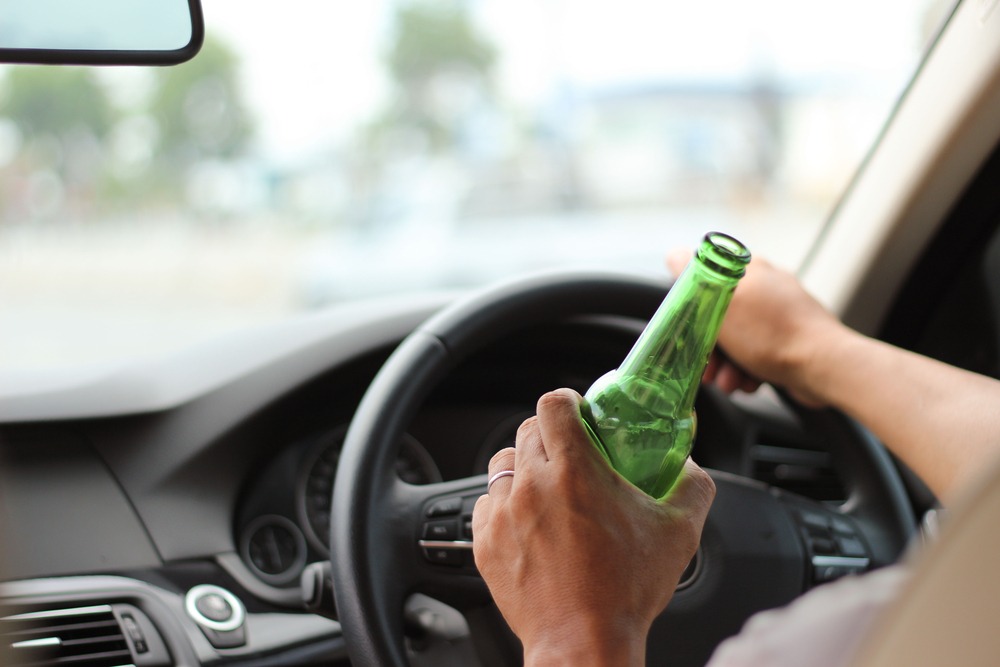 Recent Result: High-Range Drink Driving Receives Community Service Over Jail Time
Recent Result: High-Range Drink Driving Receives Community Service Over Jail Time -
 Not Guilty Verdict for Ruon Tongyik in Sexual Assault Trial
Not Guilty Verdict for Ruon Tongyik in Sexual Assault Trial -
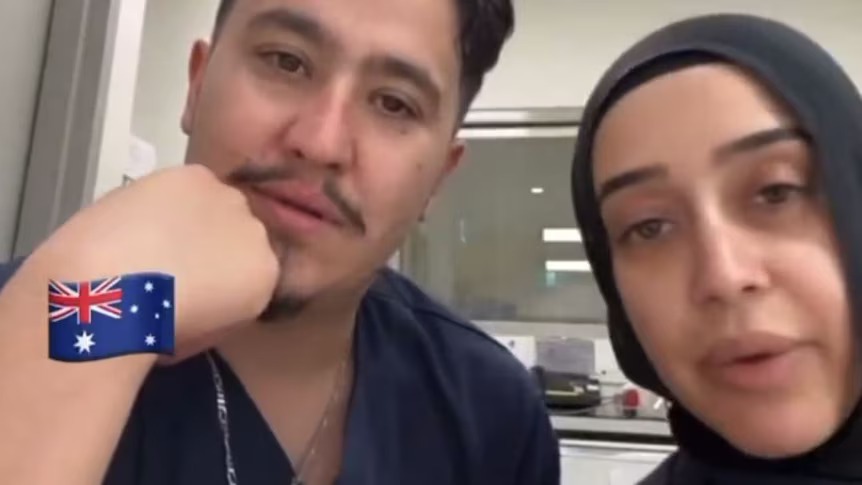 NSW Nurses Stood Down Over Anti-Semitic Remarks: Legal Implications & Potential Criminal Law Changes
NSW Nurses Stood Down Over Anti-Semitic Remarks: Legal Implications & Potential Criminal Law Changes -
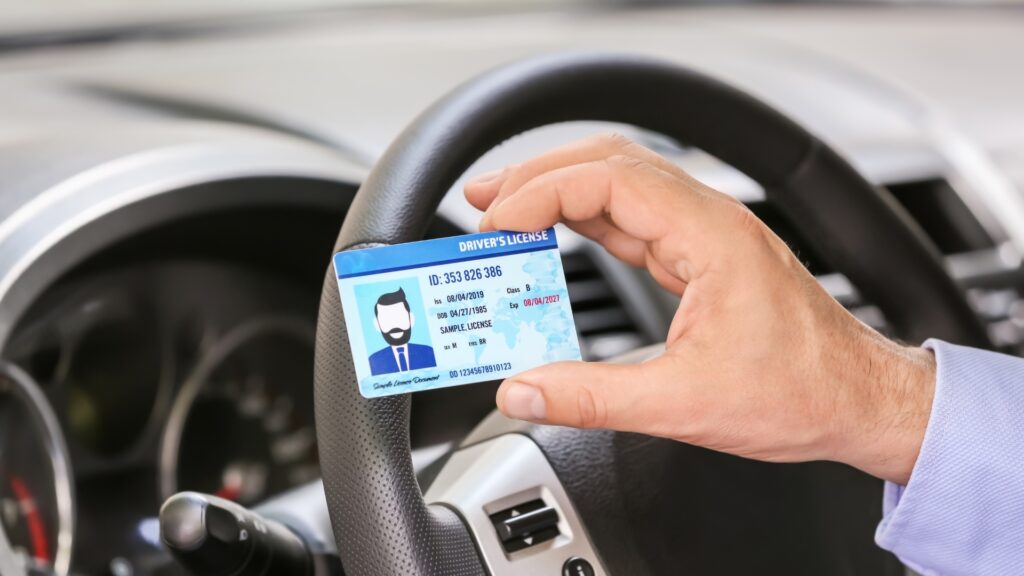 Can I appeal the suspension of my drivers licence?
Can I appeal the suspension of my drivers licence? -
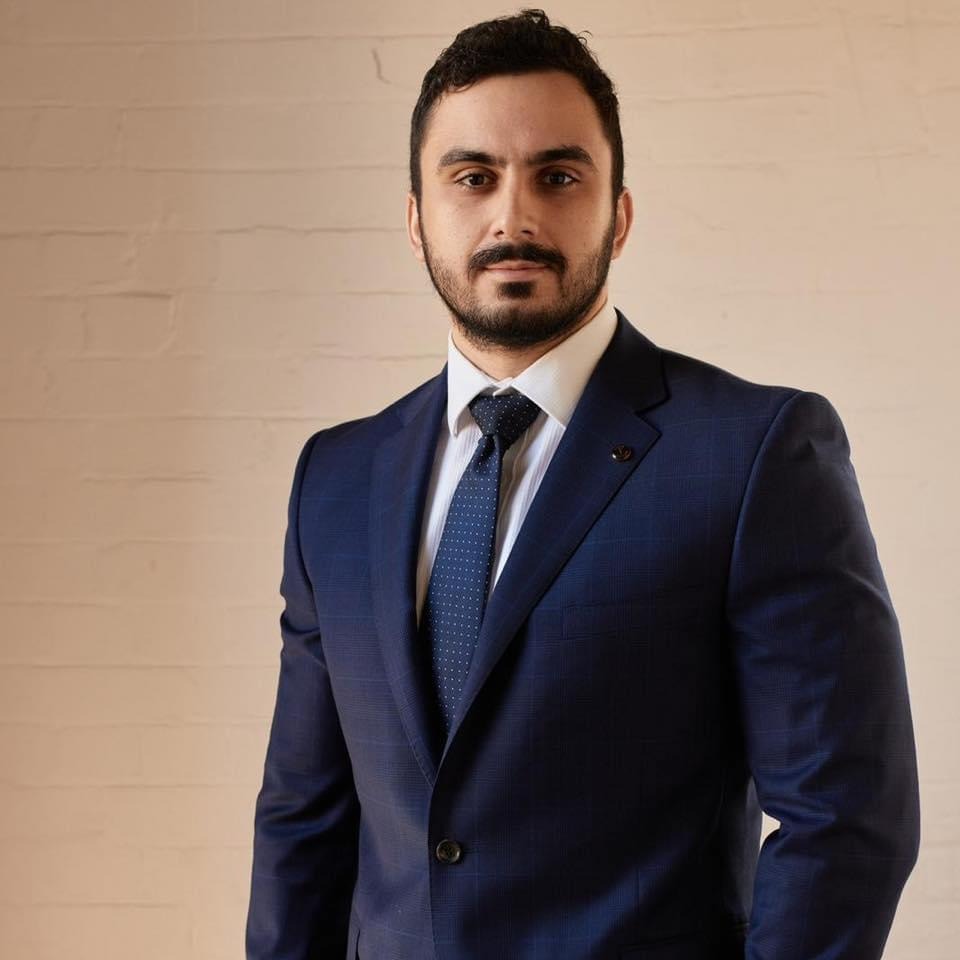 Going To Court & Need A Criminal Defence Lawyer? Here's What You Need To Know
Going To Court & Need A Criminal Defence Lawyer? Here's What You Need To Know
